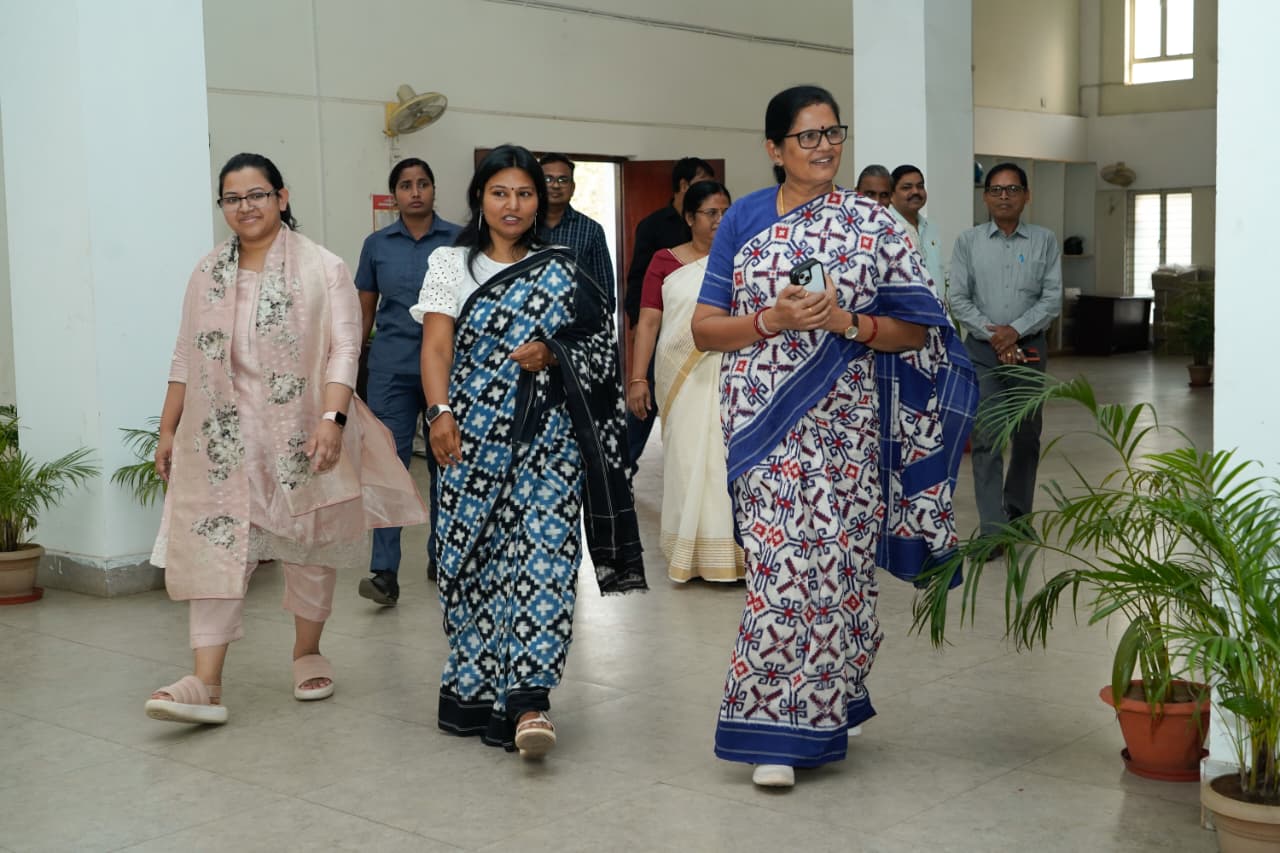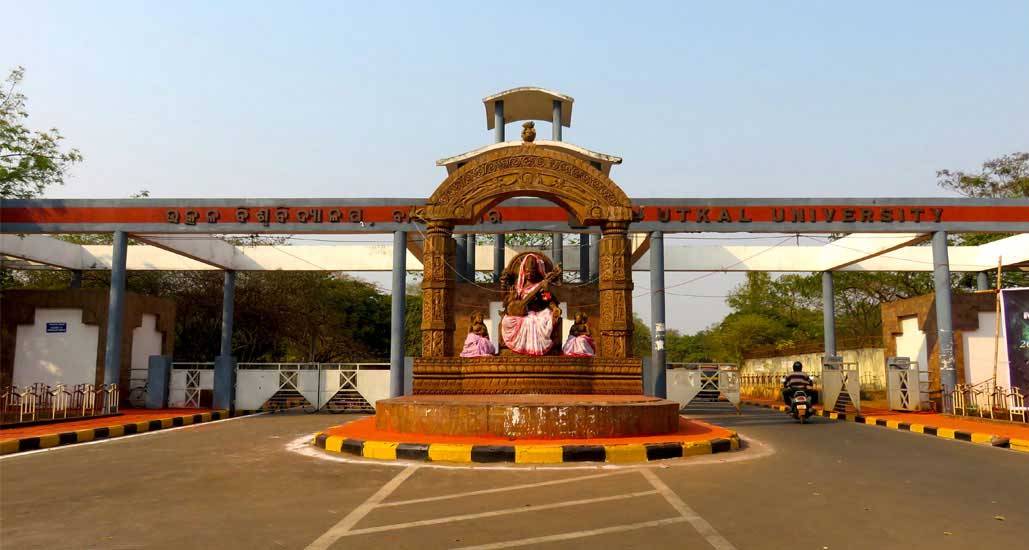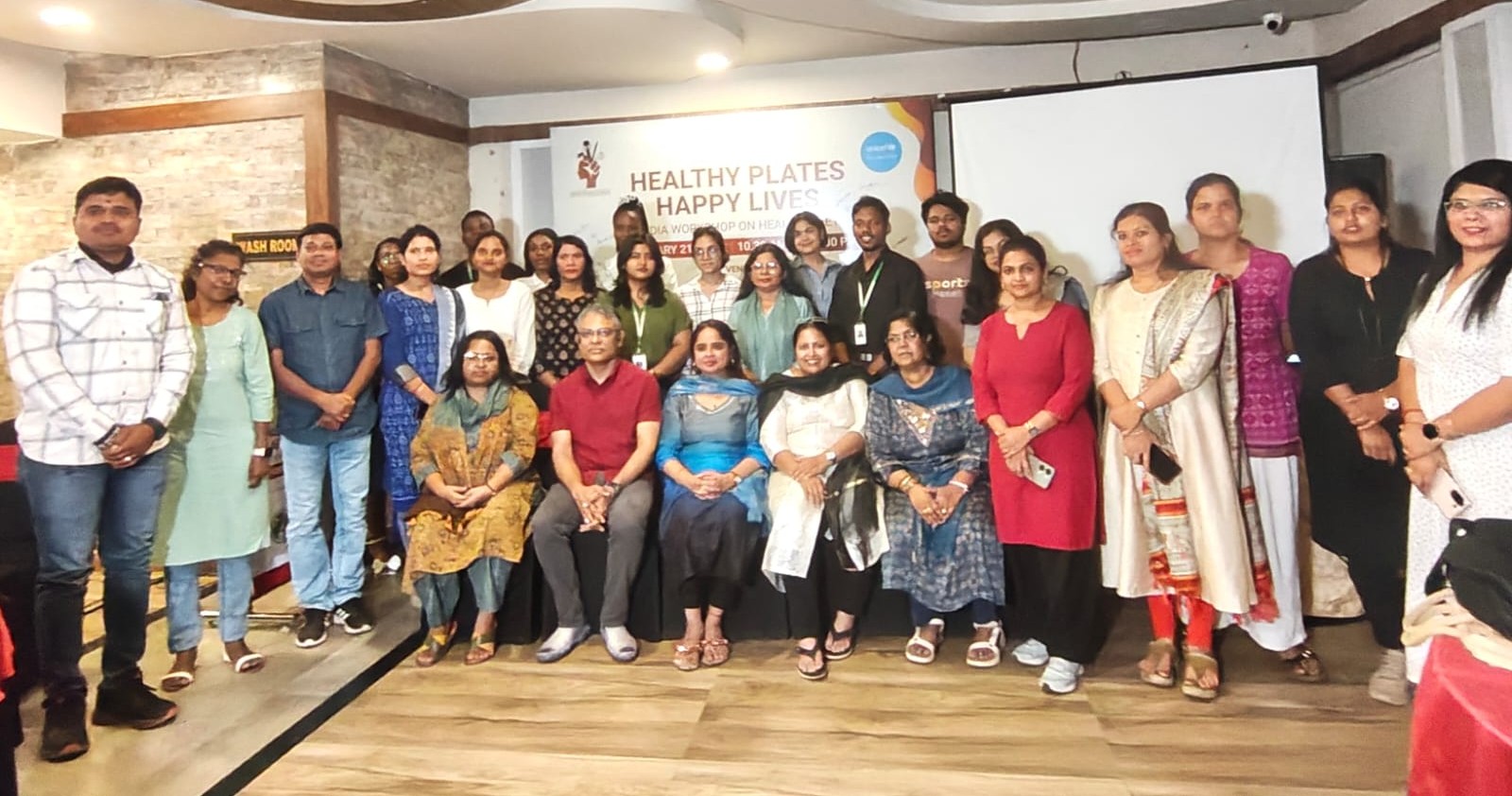Bhubaneswar: Odisha’s Deputy Chief Minister and Minister for Energy, Kanak Vardhan Singh Deo, presented the state’s forward-looking energy transition strategy at the Power Minister’s Conference at Yashobhoomi, New Delhi. Accompanied by the Principal Secretary of Energy, Singh Deo emphasized Odisha’s leadership in power sector reforms and its commitment to a sustainable, low-carbon energy future aligned with India’s green energy goals.
Highlighting the state’s successful implementation of Public-Private Partnership (PPP) models, Singh Deo noted that Odisha’s four distribution companies (DISCOMs) have significantly improved operational and financial performance. Three of these DISCOMs—TPCODL, TPWODL, and TPNODL—are now ranked among the top ten performing DISCOMs in the country, a milestone reflecting Odisha’s pioneering efforts in power sector reform.
The Deputy Chief Minister also discussed the state’s proposal under the Revamped Distribution Sector Scheme (RDSS), which seeks ₹3,069 crore to develop disaster-resilient infrastructure, currently under review by the Government of India. This funding is expected to further bolster Odisha’s power distribution network.
Odisha is proactively implementing the Electricity (Rights of Consumers) Rules, 2020, and advancing initiatives under the PM-Suryaghar scheme, which promotes solar energy adoption. To enhance the scheme’s affordability for households, Shri Singh Deo shared that Odisha is considering providing state financial assistance to encourage wider adoption.
Singh Deo also outlined Odisha’s comprehensive energy capacity plan. The state currently secures 8,856 MW of power and aims to increase capacity to 15,603 MW by 2030, with a strong focus on renewable sources, which will constitute over half of the new additions. Odisha’s commitment to renewable energy is reinforced by its goal to develop 10,000 MW of renewable energy capacity by 2030.
Recognizing the importance of energy storage, Odisha has prioritized the development of over 10,000 MW of pumped storage plants (PSPs). Singh Deo urged the central government to provide financial support for PSPs on par with Battery Energy Storage Systems (BESS), ensuring financial viability for these crucial projects.
Additionally, Odisha seeks central assistance in developing the Green Energy Corridor Phase III, connecting renewable energy projects to the national grid, and called for expedited forest clearances for critical transmission projects to secure reliable power for the state.
“Odisha’s energy sector continues to serve as a model for efficient and sustainable power management,” said Singh Deo. “With a clear vision for a low-carbon future, we are committed to reducing dependence on fossil fuels and increasing the share of renewables in our energy mix.”
Through ongoing reforms, strategic investments, and robust infrastructure development, Odisha is positioned to play a leading role in India’s energy transition, ensuring affordable, reliable, and clean energy access for its citizens while advancing the nation’s sustainability goals.





